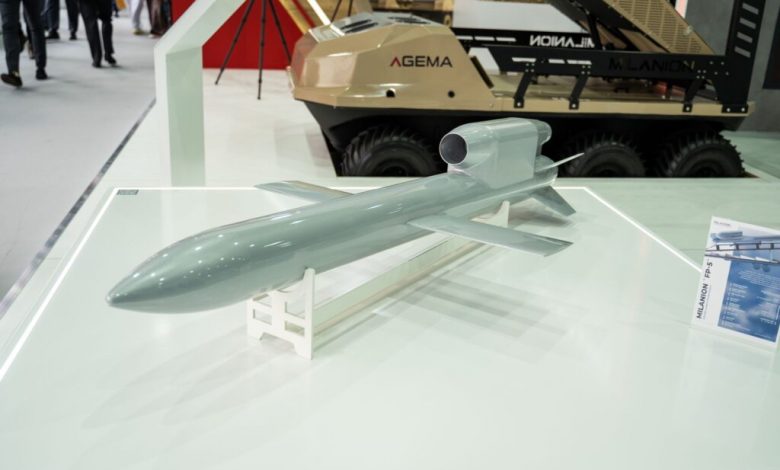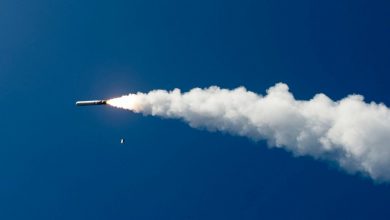Denmark to Host Production of Key Component for Ukraine’s New Cruise Missile

A Ukrainian arms developer that recently unveiled the country’s longest-range cruise missile, the Flamingo, is preparing to produce the missile’s key component in Denmark.
According to confidential emails obtained by Danish Broadcasting Corporation (DR), Fire Point, through its Danish subsidiary FPRT, will produce the missile’s solid rocket fuel.
The missile employs a booster for its initial launch, which relies on solid rocket fuel.
Production is scheduled to begin in December at a facility in Vojens, located near Skrydstrup Air Force Station, the base of Denmark’s F-35 fighter fleet, the outlet added.
The revelation came just before Denmark authorized Ukrainian defense firms to establish local branches aimed at supplying arms to the Ukrainian Armed Forces.
The Danish government has reportedly allocated 500 million Danish kroner ($780 million) to support the initiative, which is expected to create hundreds of local jobs.
“With today’s signing, we are now taking another important step together towards bringing Ukrainian defense companies to Denmark,” Danish Minister of Industry, Business, and Financial Affairs Morten Bødskov said.
“In this way, we can share experiences and give a push to the Danish defense industry, while supporting the production of defense material for the Ukrainians’ brave fight for freedom.”
Flamingo Missile
The Flamingo, with a reported range of 3,000 kilometers (1,864 miles), was unveiled to the media last month.
Its serial production is already underway, and the missile has reportedly been used to strike an FSB (Russian security and intelligence service) base in the Crimean peninsula.
The missile is reportedly constructed from fiberglass, a feature that makes it more difficult for Russian radars to detect.
According to Karsten Marrup, head of the Center for Air and Space Operations at the Danish Defense Academy, Ukraine is likely to employ the missile against three categories of targets inside Russia: oil and gas production facilities, weapons manufacturing sites, and command-and-control units.
“You can hit the Russians on the wallet, you can hit their ability to produce weapons, and you can hit their ability to control their forces when they are in combat,” he said.
Local Concerns
Danish Defense Minister Troels Lund Poulsen dismissed concerns that the facility could become a target of Russian attack. However, he acknowledged that authorities are closely monitoring the risks of sabotage and espionage.
To address local concerns, a public information session is scheduled for September 6. The government is also considering compensation for residents who may be negatively affected by the new facility.
“One year ago, Denmark became the first country to start funding the production of weapons by Ukrainian manufacturers,” Ukrainian Minister for Strategic Industries Herman Smetanin said.
“Today, Denmark has become the first country to which Ukraine exports its own defense technologies for manufacturing, scaling, and delivery to the Ukrainian Armed Forces.”





